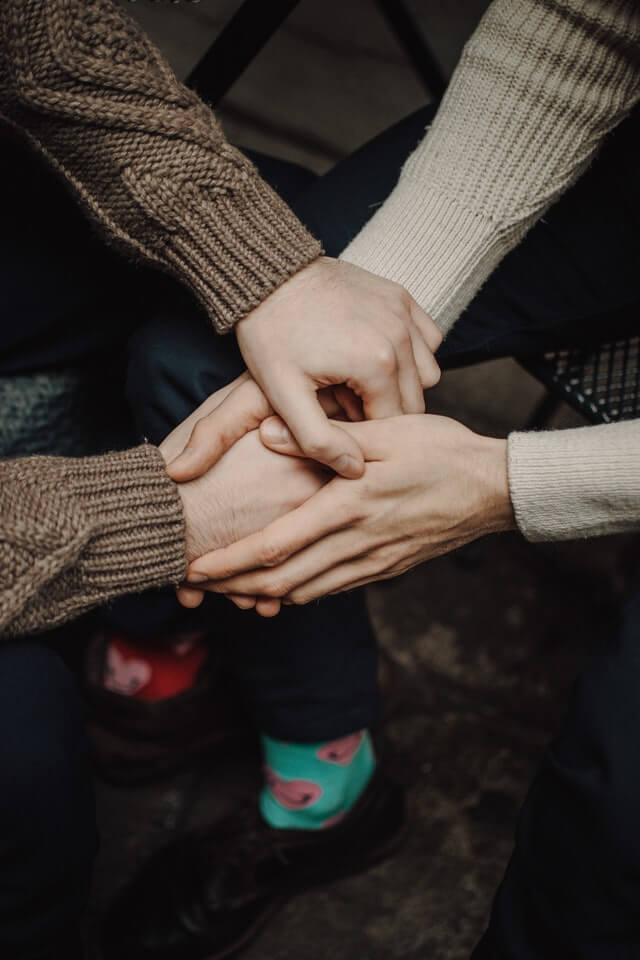Your first instinct when you discover that a loved one is suffering from addiction to a substance is likely to try to get them to stop using, but it’s just not that simple and you will not be able to. You can, however, change how you deal with the situation and a big part of that is taking care of yourself. Similar to the concept every flight attendant announces regarding how you should put on your own oxygen mask prior to helping others if the airplane encounters an issue, you should take care of yourself first in that relationship.
Loving someone that is suffering from addiction can feel overwhelming and lonely. One option for support is to hear from others experiencing the same things by attending a group meeting like Al-Anon. Here, family and friends share stories and learn coping skills to help them through their loved one’s addiction. If attending a meeting seems too daunting, you may want to just confide in a trusted friend or mentor. Even if they cannot offer much more than a listening ear, you may find that being listened to in a nonjudgmental manner is helpful.
Part of the stress you may be feeling might be relieved at least somewhat by how you frame the situation. To start, don’t blame yourself for the addiction or take it personally. You aren’t responsible for this and you cannot be made to feel that way either by yourself or the other person. Taking the blame doesn’t serve either of you any good. You might also find some comfort in trying to live in the moment and have reasonable expectations for yourself and your loved one. Embracing a new perspective will empower you to put yourself first and make sure your needs are being met.
If you still feel like you can be doing more, do a quick check to make sure you’re not enabling the addiction. You might think that you are helping by covering for the individual or making excuses if he or she backs out of a commitment and you might think that supporting the individual financially will alleviate some of their stress so they can focus on healing, but these are enabling behaviors. Try to detach yourself and let whatever is going to happen just happen. This is probably the hardest to think about, but it may be the most important. This is particularly important if you yourself happen to be in recovery as you might be triggered back into old habits that you have worked hard to overcome.
At Asana Recovery, we know that the effects of addiction go beyond the user. We want to help you understand the myriad emotions you’re feeling as a loved one and let you know you’re not alone. The compassion our team members show extends to you. We are the premier addiction treatment center in southern California and the surrounding area and would like to tell you more about our programs. Call us today at (949) 438-4504 to speak with a dedicated professional.



